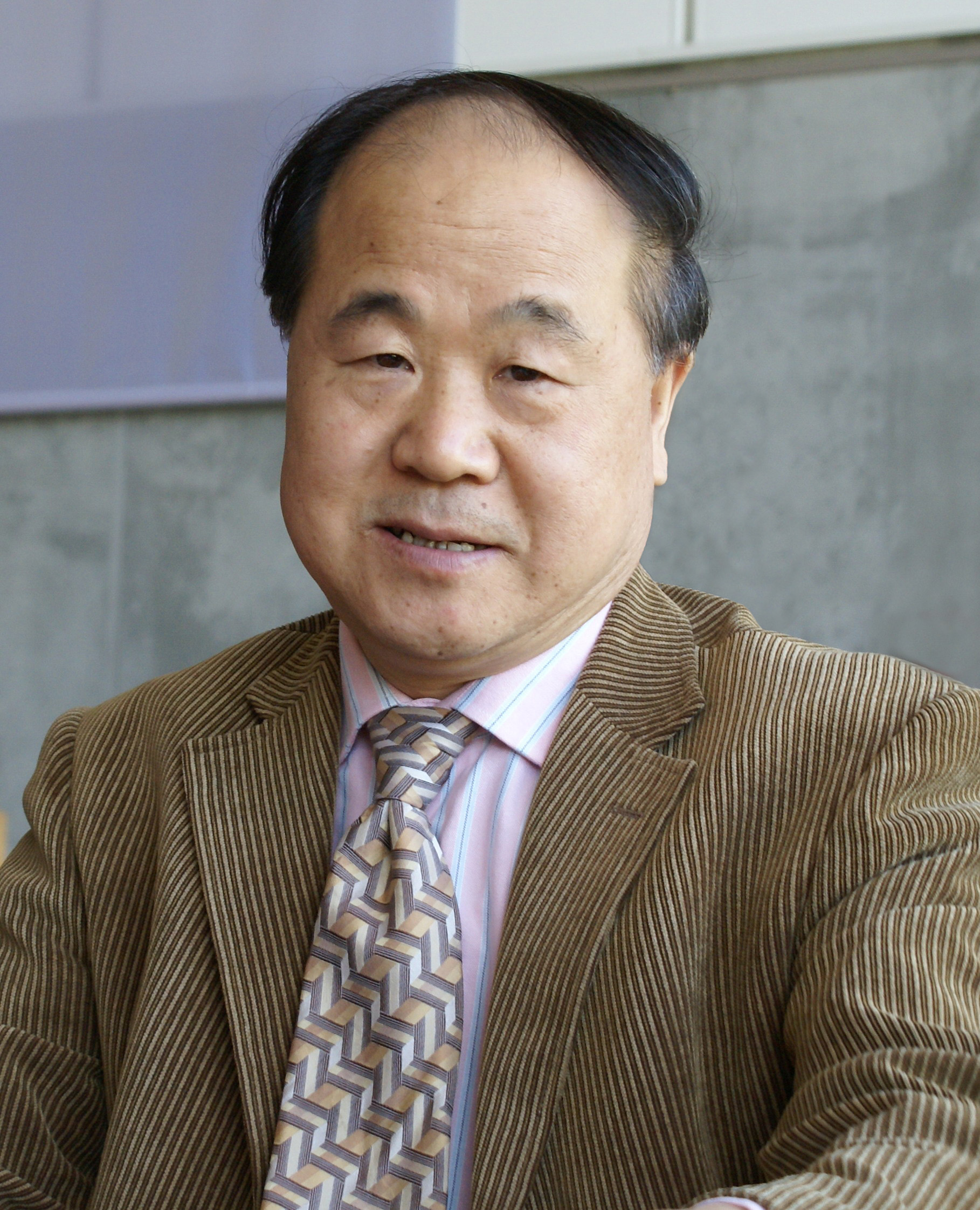Luigi Pirandello
Explore the timeline of Luigi Pirandello, an influential Italian playwright and novelist. This chronicle highlights significant events in Pirandello's life, from his birth in 1867 to his literary achievements and legacy, showcasing his impact on modern theater and literature until his death in 1936.
Birth of Luigi Pirandello
Luigi Pirandello was born on June 28, 1867, in Girgenti (now Agrigento), Sicily, into an upper-class family. His father was a sulfur merchant. Pirandello spent his early years in Sicily and later moved to Rome for his university education. He would go on to become one of the most significant Italian dramatists of the early 20th century, known for his plays that explore themes of identity and reality.
Marriage to Antonietta Portulano
In January 1894, Luigi Pirandello married Antonietta Portulano, the daughter of a business associate of his father. The marriage was initially a happy one, and they had three children together: Stefano, Lietta, and Fausto. However, Antonietta's later struggles with mental illness significantly impacted Pirandello's work and personal life, contributing to the themes of madness and identity crisis that pervade his literature.
Premiere of 'Six Characters in Search of an Author'
May 10, 1921, marked the premiere of Luigi Pirandello's groundbreaking play 'Six Characters in Search of an Author' at the Teatro Valle in Rome. The play was revolutionary for its time, challenging conventional notions of identity and reality by depicting a group of unfinished characters who confront the playwright and demand to have their story completed. It was initially met with mixed reactions, but later became one of Pirandello's most celebrated works, heralding the advent of modernist theater.
Creation of the Teatro d'Arte
In 1924, Luigi Pirandello founded the Teatro d'Arte in Rome, dedicated to producing and showcasing innovative plays. This was part of his lifelong commitment to revolutionizing theater through experimentation with new theatrical techniques and storytelling forms. The Teatro d'Arte provided a venue where Pirandello could produce works that explored existential and philosophical themes, free from commercial constraints, thus fostering the development of avant-garde theater in Italy.
Awarded Nobel Prize in Literature
On December 10, 1934, Luigi Pirandello was awarded the Nobel Prize in Literature for his bold and brilliant renovation of the drama and the stage. The Nobel Committee recognized his innovative contributions to modern theater, particularly for his plays that challenge the conventions of dramatic structure through an exploration of fundamental questions about identity and human existence. Pirandello's recognition cemented his status as one of the preeminent playwrights of his time.
Death of Luigi Pirandello
Luigi Pirandello died on December 10, 1936, in Rome, Italy, at the age of 69. His death marked the end of a prolific career that dramatically influenced modern drama and literature. Pirandello's exploration of the complexities of human identity and his innovations in narrative structure continued to influence writers and playwrights beyond his time, ensuring his lasting legacy in world literature. He was laid to rest in Sicily, according to his wishes.
Frequently asked questions about Luigi Pirandello
Discover commonly asked questions regarding Luigi Pirandello. If there are any questions we may have overlooked, please let us know.
What honors did Luigi Pirandello receive during his lifetime?
What are the key events in Luigi Pirandello's early life?
When did Luigi Pirandello achieve literary success?
What is the timeline of Luigi Pirandello's major works?
Related timelines
More timelines connected to Luigi Pirandello







